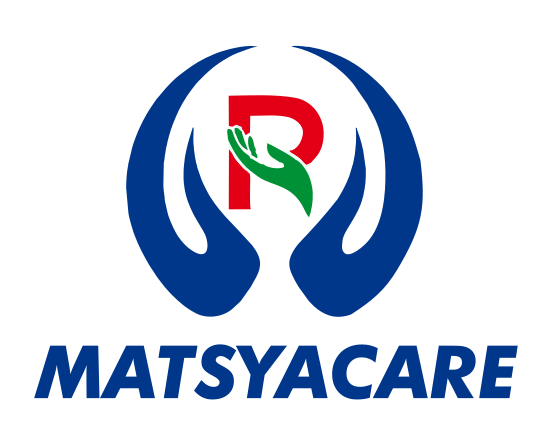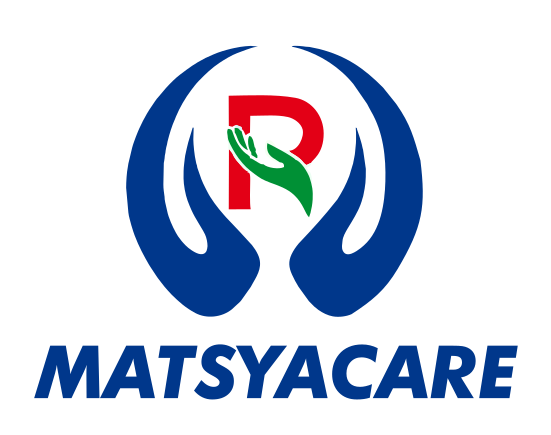L-Threonine is an essential amino acid used in animal feed to support optimal growth and overall health in livestock and poultry. It plays a crucial role in protein synthesis and various metabolic processes. Here’s a detailed overview of L-Threonine in the context of feed grade:
What is L-Threonine?
L-Threonine is one of the essential amino acids that animals must obtain from their diet because their bodies cannot produce it. It is crucial for protein synthesis and other physiological functions. In feed grade, L-Threonine is used to ensure that animals receive adequate levels of this amino acid for their growth and health.
Uses in Animal Feed
- Nutritional Supplement:
- L-Threonine is vital for protein synthesis, which supports muscle development and overall growth in animals.
- It helps in the formation of important proteins and enzymes necessary for various bodily functions.
- Growth Promotion:
- Supplementing feed with L-Threonine enhances growth rates in poultry, swine, and other livestock by ensuring that the animals have sufficient levels of this essential amino acid.
- Feed Efficiency:
- L-Threonine improves feed conversion efficiency, meaning animals can better utilize the nutrients in their feed for growth and development.
- Health Benefits:
- Supports the immune system and overall health.
- Plays a role in maintaining proper gut function and promoting nutrient absorption.
Dosage and Application
- Dosage: The specific dosage of L-Threonine in animal feed depends on the species, age, and nutritional needs of the animals. It is generally added in small quantities (measured in grams or milligrams per kilogram of feed).
- Application: L-Threonine is mixed into animal feed to ensure that animals receive adequate amounts of this amino acid. It is often used in combination with other amino acids to achieve a balanced and effective feed formulation.
Benefits
- Improved Growth and Performance: Enhances muscle development and overall growth rates in livestock and poultry.
- Enhanced Feed Efficiency: Improves the utilization of nutrients in feed, leading to better feed conversion and reduced costs.
- Support for Health: Contributes to immune function, gut health, and overall well-being of the animals.
Safety and Handling
- Safety: L-Threonine is considered safe for use in animal feed when used in appropriate amounts. Overdosing can lead to imbalances in amino acid levels and potential health issues.
- Handling: Handle with care, using protective equipment to avoid inhalation or skin contact. Store in a cool, dry place away from moisture and direct sunlight to maintain product quality.
Regulatory Status
- Feed Grade: L-Threonine used in animal feed must meet regulatory standards and quality specifications set by authorities such as the FDA or EFSA to ensure safety and efficacy.
Manufacturer
L-Threonine for feed use is manufactured by various companies. Ensure that the product adheres to quality and safety standards for animal feed.
By incorporating L-Threonine into animal feed, producers can enhance growth, feed efficiency, and overall health of their livestock and poultry, leading to improved performance and profitability.

